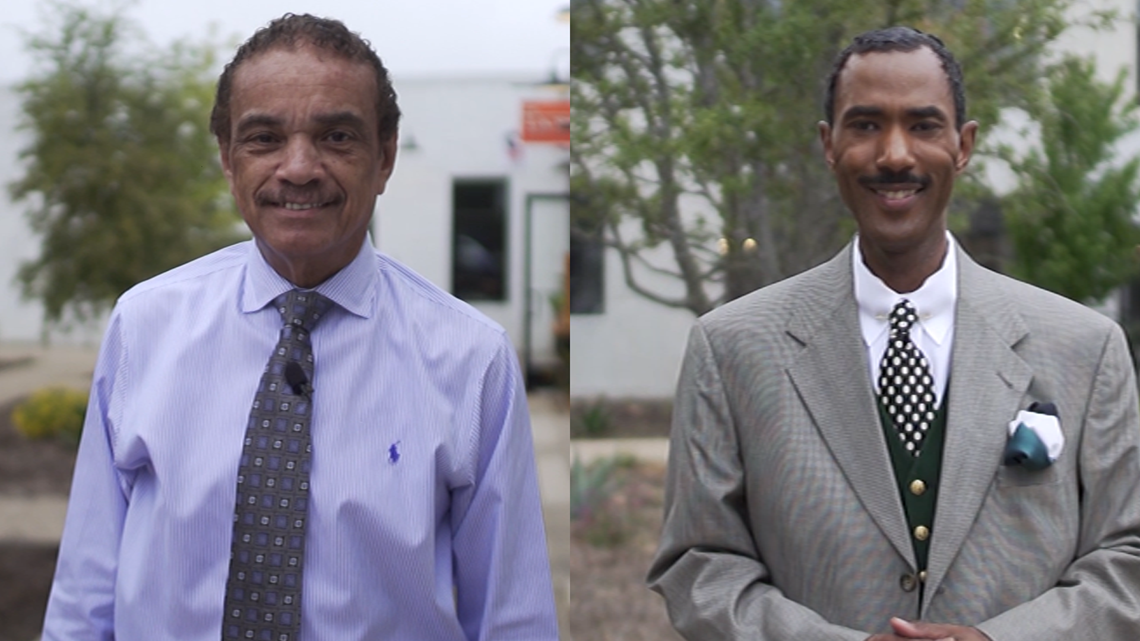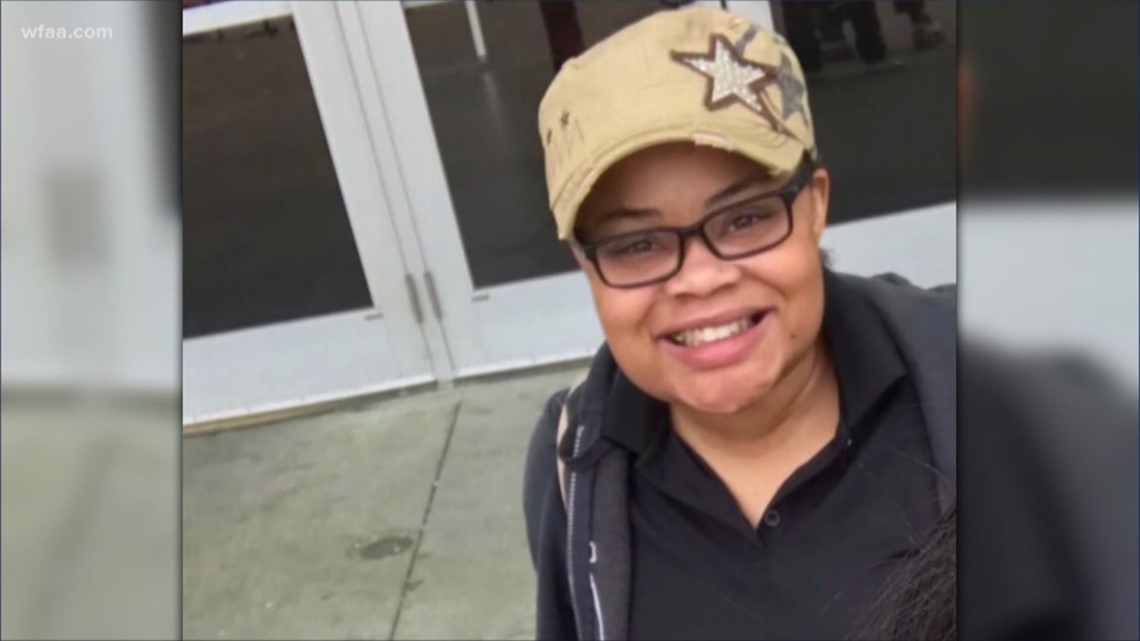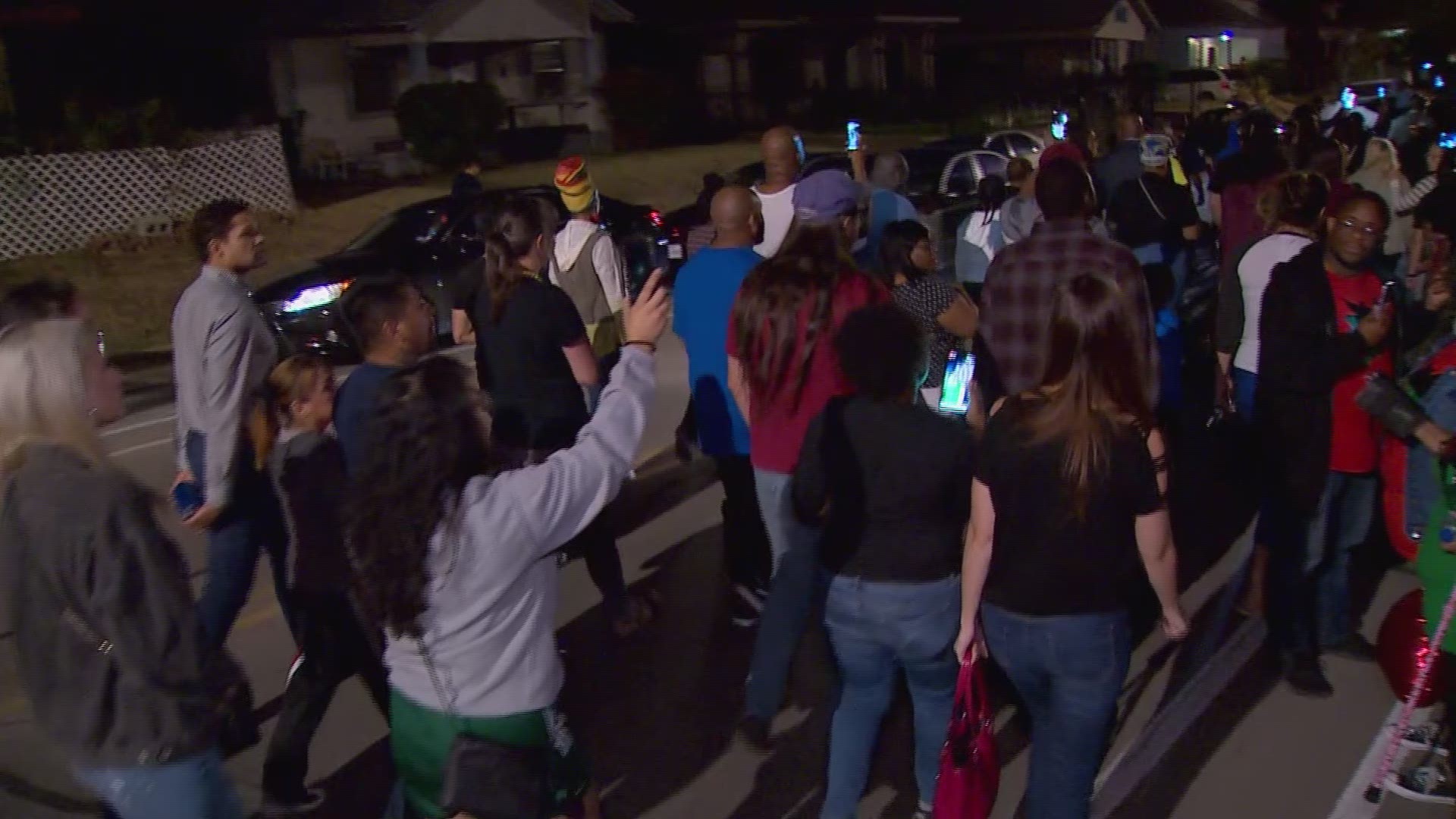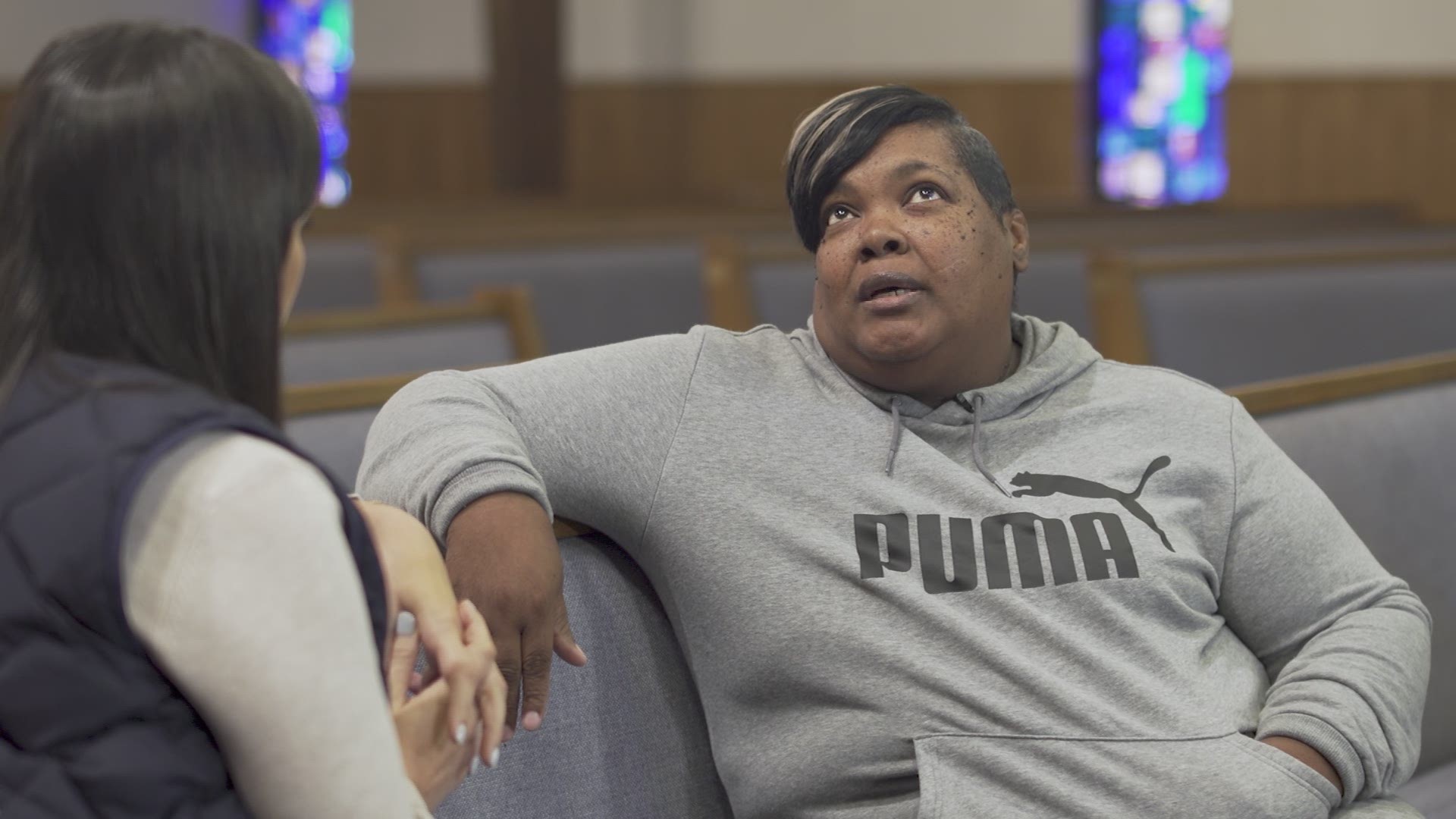FORT WORTH, Texas — For as long as journalist Bob Ray Sanders can remember, issues with race and racial inequity have been part of Fort Worth's identity.
“I grew up under Jim Crow,” Sanders said recently. “I had to ride on the back of the bus. I had to drink from the water fountains marked ‘colored.’”
Jim Crow laws have been abolished for decades. But civil justice advocate Cory Session, also a lifelong Fort Worth resident and black man, still sees racial inequities regularly. Session shared that within the past year, police stopped his son for riding a bicycle on the freeway and things escalated.
“He happened to call me and he said, ‘Daddy, this officer pulled me over. Oh, and he just pulled his gun out,’” Session said. “I think if I hadn’t showed up that night with my son, there’s no telling what would have happened.”
Sanders and Session are two of the 23 Fort Worth residents who were appointed in 2017 to the City’s first-ever Race and Culture Task Force. Their invaluable perspectives became an important component of their work as the City looked to improve admitted racial shortcomings.


The City of Fort Worth created the task force in response to a 2016 incident after which video of a black Fort Worth mother named Jackie Craig and white Fort Worth Police Officer William Martin went viral. Craig and her white neighbor had a dispute, and both called 911. But Martin, who responded to the call, only confronted Craig and her children, and the family ended up on the ground and in handcuffs. Martin was suspended for 10 days for using excessive force.
Jackie Craig's case highlighted the longstanding racial tension in Fort Worth -- a divide backed up by what the Race and Culture Task Force heard when they interviewed residents of Fort Worth.
The task force found a lack of diversity within the Fort Worth Police Department. Forty percent of the city is white, according to U.S. Census data, while white officers make up 62 percent of the force. By comparison, 35 percent of the city is Hispanic compared to just 21 percent of the city's police officers.
While 19 percent of the city's population is black, black police officers account for 12 percent of the department. And as of September, there are still no black officers at all in the SWAT, K-9, criminal intelligence, homicide, major case and robbery units.
Note: If you’re wondering how the census data doesn’t add up to 100%, it’s all in the Census methodology. According to the U.S. Census, the concept of race is separate from the concept of Hispanic origin. Percentages for the various race categories add up to 100 percent, and should not be combined with the percentage of the population that is Hispanic.
“There was something wrong there,” Sanders said in reference to the lack of diversity in the department.
The task force also found a lack of trust between minority communities and the police.
It’s been nearly a year since the Race and Culture Task Force made 22 recommendations to the city on how they can improve racial inequity. We checked in on three of them.
- A new city-wide diversity and inclusion department: As of October 1, 2019, this department is up and running, and the City plans to soon announce the hiring of a director. The new department’s job is to ensure the City is following civil rights laws and improving equity.
- A police cadet program: This program, which is expected to be up and running by early February, is expected to help in recruiting minority high school students to become police officers, who the City hopes will eventually patrol the neighborhoods in which they grew up.
- A citizen review board: This is not yet a done deal. While the City Council accepted the idea, there is still much to be done in creating a board made up of Fort Worth residents that would provide independent oversight of the police department.
“My expectation is the City Council will create a civilian oversight board,” Assistant City Manager Fernando Costa told WFAA in October.
But Costa said the City decided it first wanted to hire a police monitor, a position that was not recommended by the task force. The police monitor, who would report to the city manager, would accept citizen complaints about the department, review police investigations and help the City decide what the citizen review board would look like and who should be on it. The monitor should be hired in January, Costa said.
We asked Costa if the City is committed to putting a citizen review board in place.
“The City Council has not made a formal decision to that effect, but they have certainly expressed an interest in working with staff to create a citizen review board. They have not yet created the board, so I don't want to say it's a done deal,” Costa said.
Not everyone in the City is fully on board with the idea. Manny Ramirez, president of the Fort Worth Police Officers Association, said this about having a citizen review board.
“We are hesitant to support any one-size-fits-all recommendation for civilian oversight that has not been thoroughly researched and vetted. In most comparable cities, citizen review board systems have fostered division and did not help communication between police officers and their communities.”
The racial tension that spurred the creation of the task force is back at the surface in Fort Worth after the shooting death of Atatiana Jefferson. Jefferson, who was black, was shot and killed in her own home by a white Fort Worth police officer in October after a neighbor called the non-emergency police number because he was concerned the door was open late at night.


That shooting led to protests similar to what followed the 2016 incident involving Jackie Craig.
Craig, the woman whose encounter with police was the impetus for the Race and Culture Task Force in Fort Worth, feels the City's latest efforts are for show.
“If it had been something that was put in place and actions would've been taken, I would've felt good,” she said. “But I’m just numb to it because nothing has happened.”
“I never felt in my soul they were actually trying to do anything to better the community. It was just a show,” Craig said, adding the only changes she’s seen since the task force was enacted are “more killings, more shootings.”
Sanders and Session both believe time is of the essence in enacting the recommendations, especially the citizen review board.
“They have to do something. It's put up or shut up right now,” Session said.
Sanders said he’s seen more changes happen in the past two years than in the past 40. “But if that window closes and these things don't happen, Fort Worth will be in the dark for another 40 years.”


